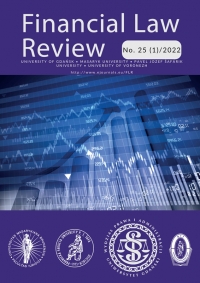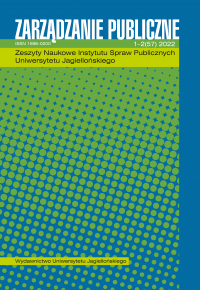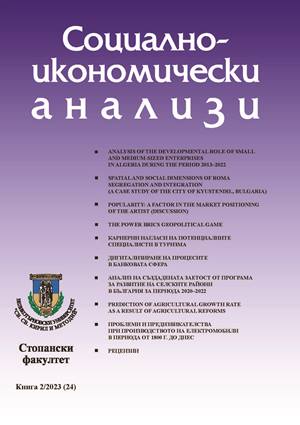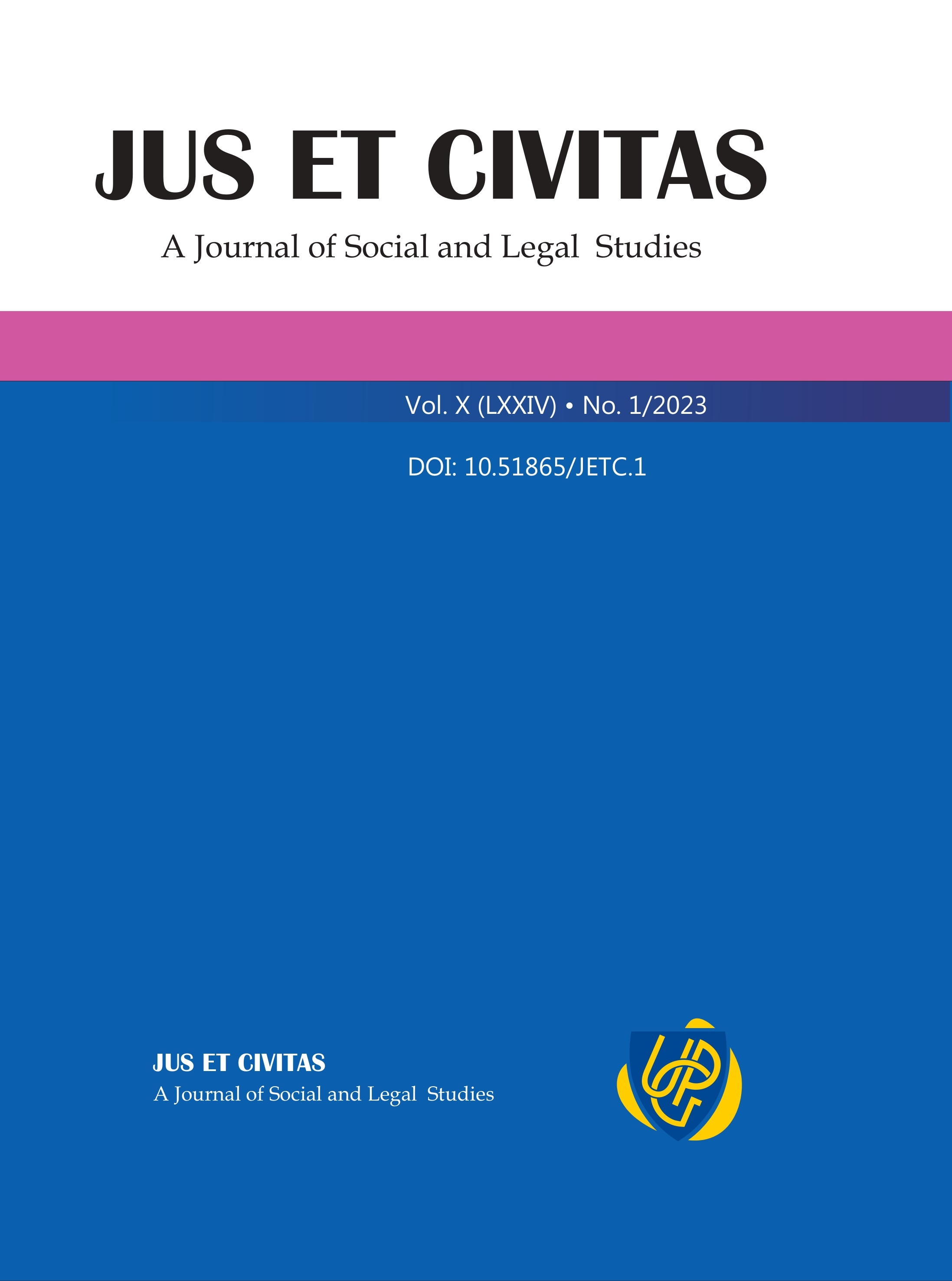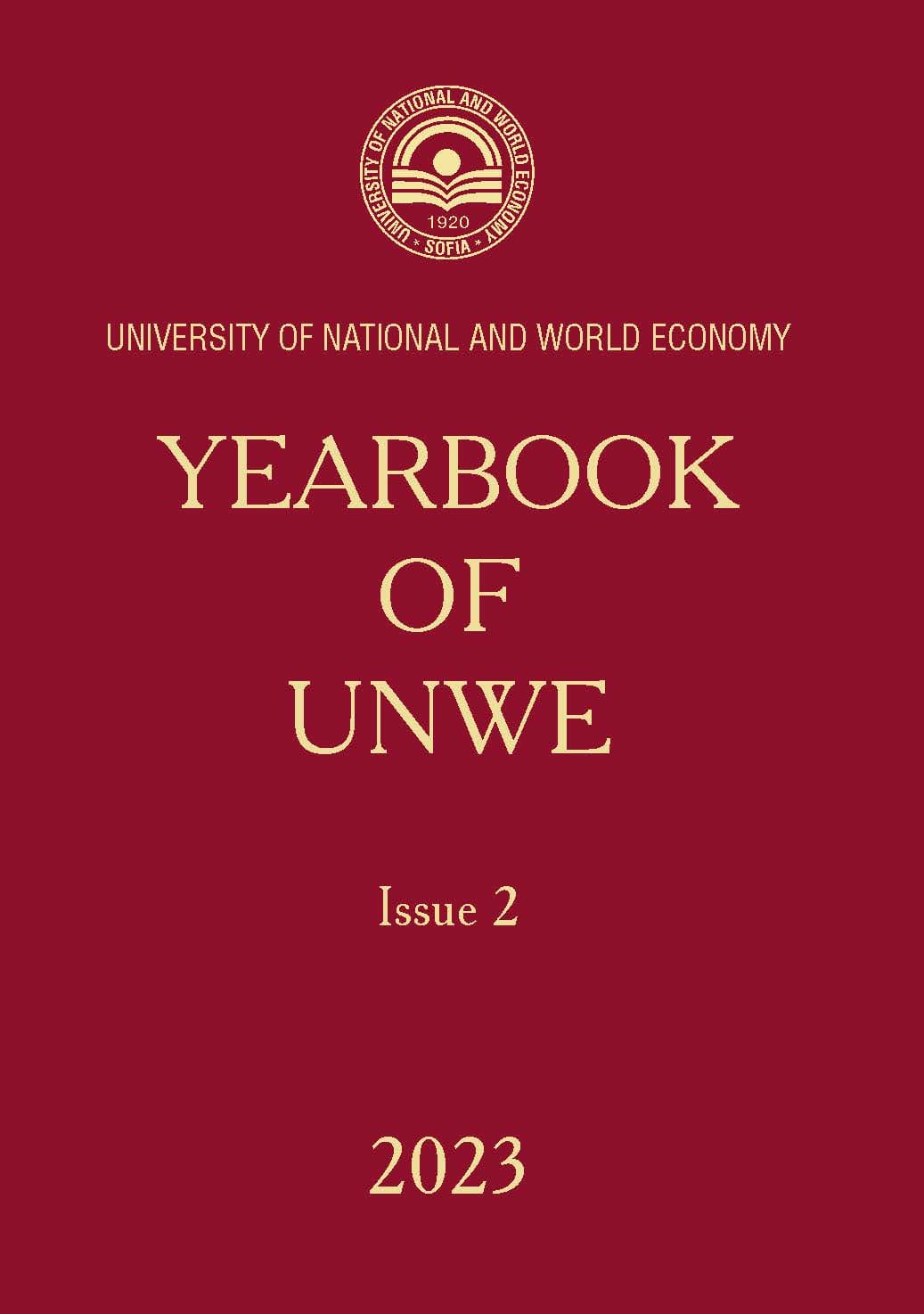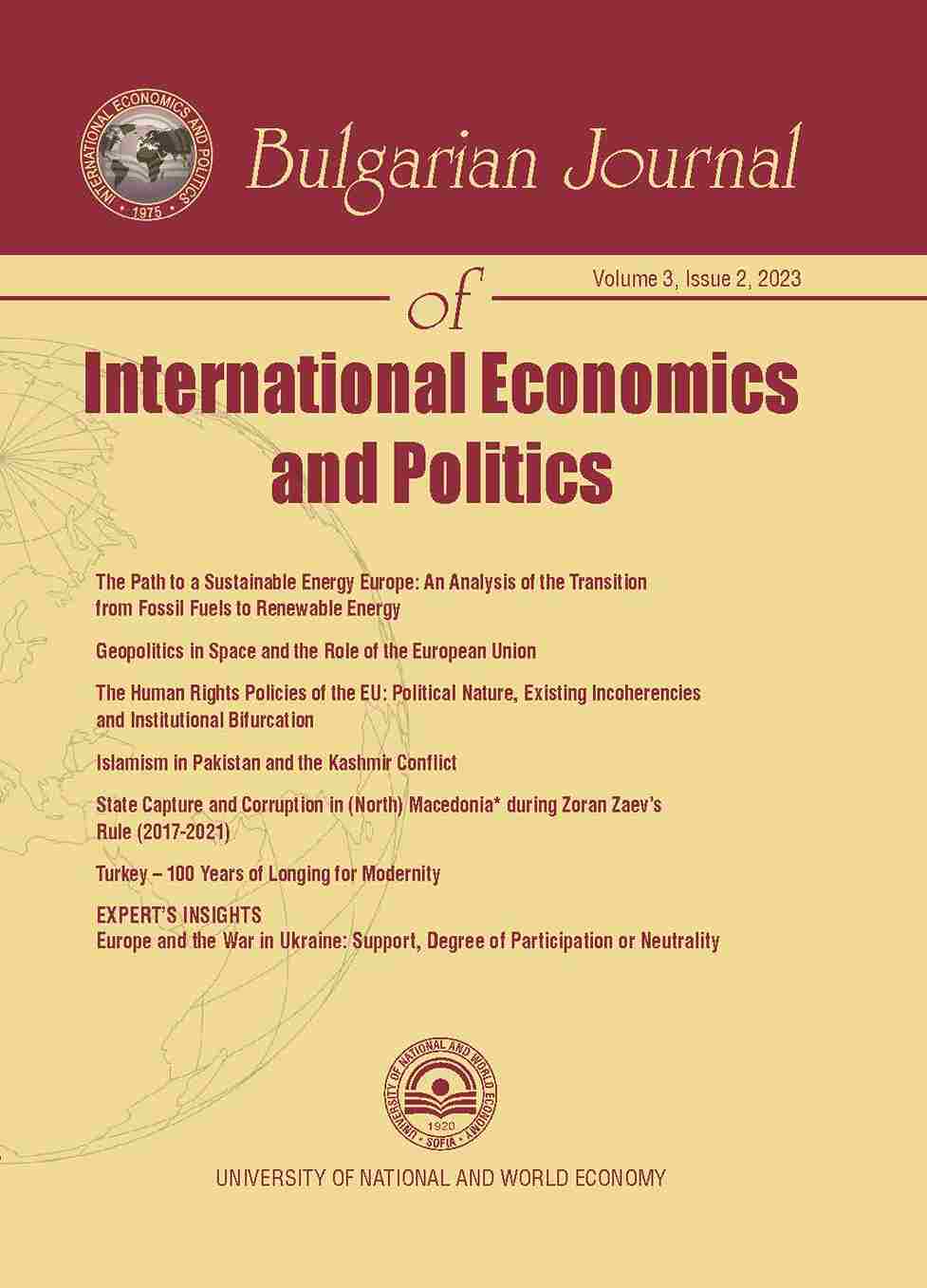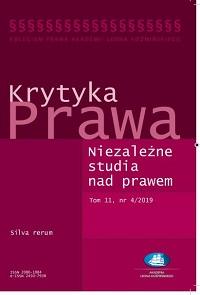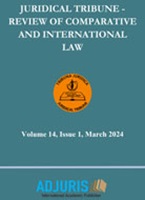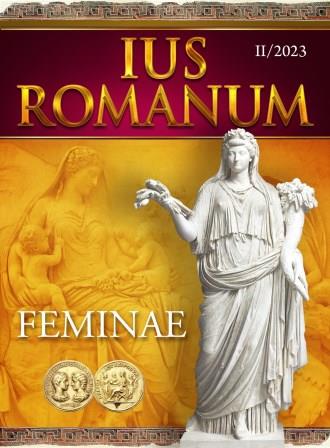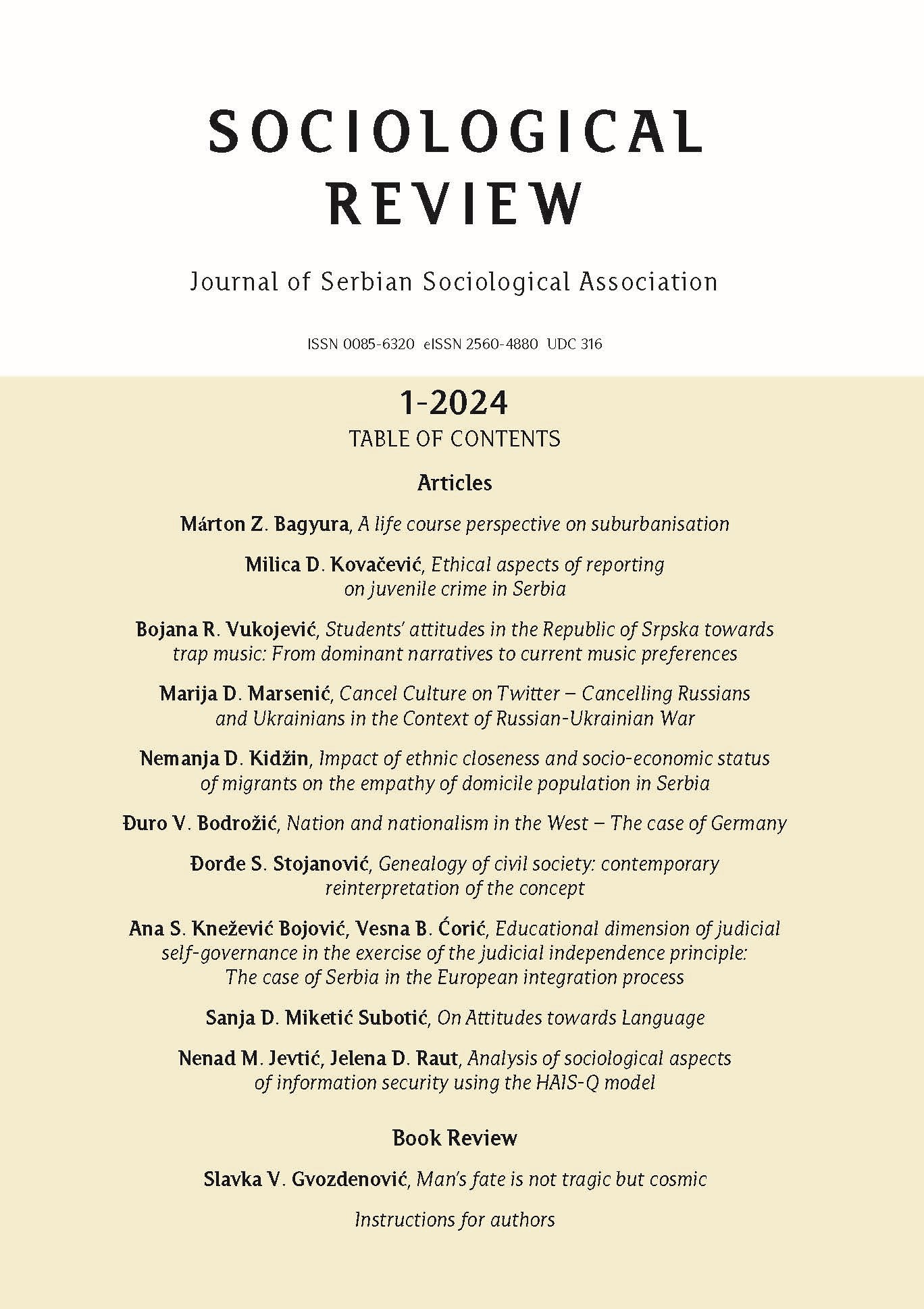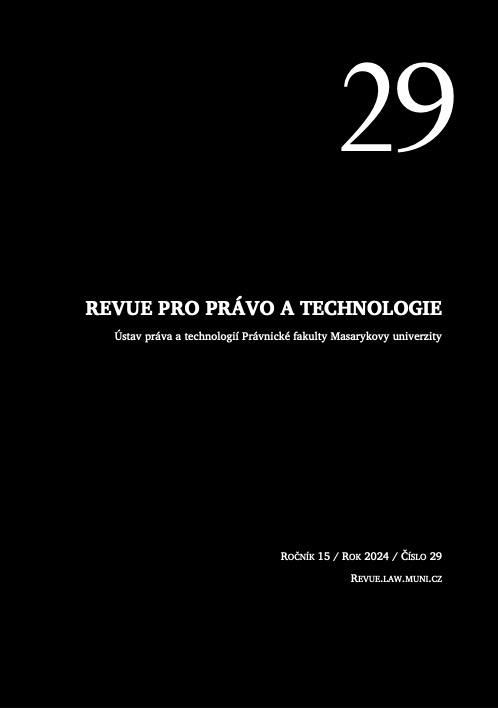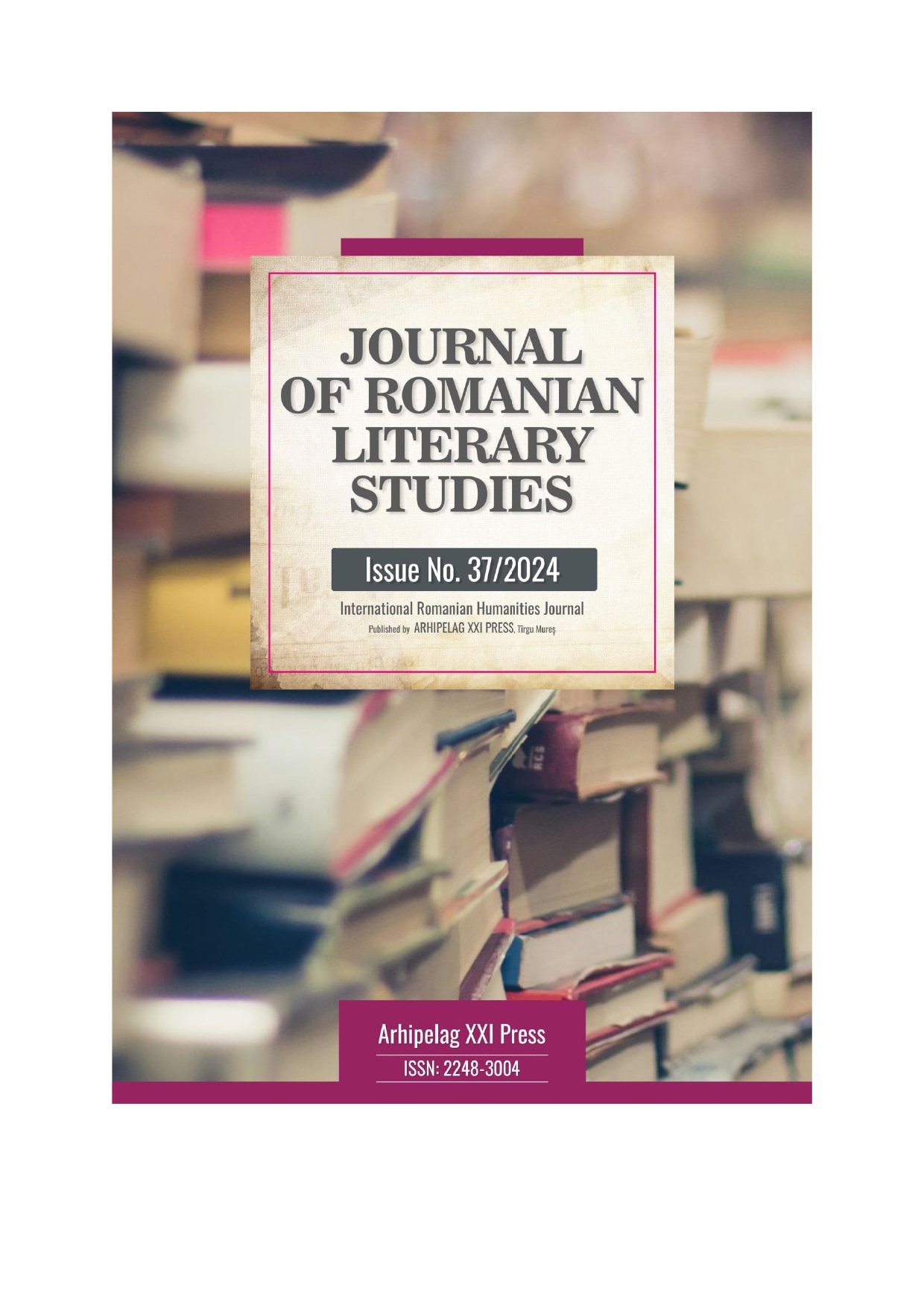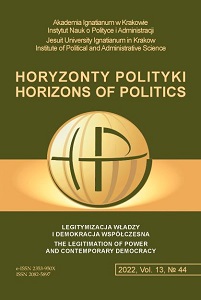
Democratic legitimacy in common commercial policy of European Union – evolution of European Parliament’s role
RESEARCH OBJECTIVE: This article aims to present the principles of decision-making, distribution of competences regarding the common commercial policy (CCP), with attention given to the evolution of European Parliament’s (EP) role and to identify actions taken by the EP in relation to the CCP. THE RESEARCH PROBLEM AND METHODS: Due to the Member States’ delegation of powers to the supranational level and decision-making procedures, allegations that there is no democratic legitimacy in the European Union are of particular relevance to the CCP. In this context, special importance is given to the role of the European Parliament and powers vested in it, especially over the past years. The article employs an analytical and descriptive method. THE PROCESS OF ARGUMENTATION: The first part presented decision-making principles for the EU’s common commercial policy. Next, the evolution of the European Parliament’s role in the shaping of the CCP was discussed. Finally, the last part gives attention to the EP’s actions in practice and attempts to assess what was a decisive factor behind the Parliament’s specific position. RESEARCH RESULTS: The Treaty of Lisbon increased the formal powers of the European Parliament with regard to the CCP, but at the same time, diminished the role of Member States’ national parliaments (which was due to the fact that the CCP coverage was extended and the scope of the EU’s exclusive competences was broadened). The research conducted has revealed that the EP is more and more often taking advantage of its position in the shaping of the EU commercial policy. CONCLUSIONS, INNOVATIONS, AND RECOMMENDATIONS: Due to the fact that the role of the European Parliament in the decision-making process has increased, the issue of a democracy deficit in the shaping of the CCP, which was raised in the pre Lisbon Treaty period, is currently becoming less formally legitimate.
More...
